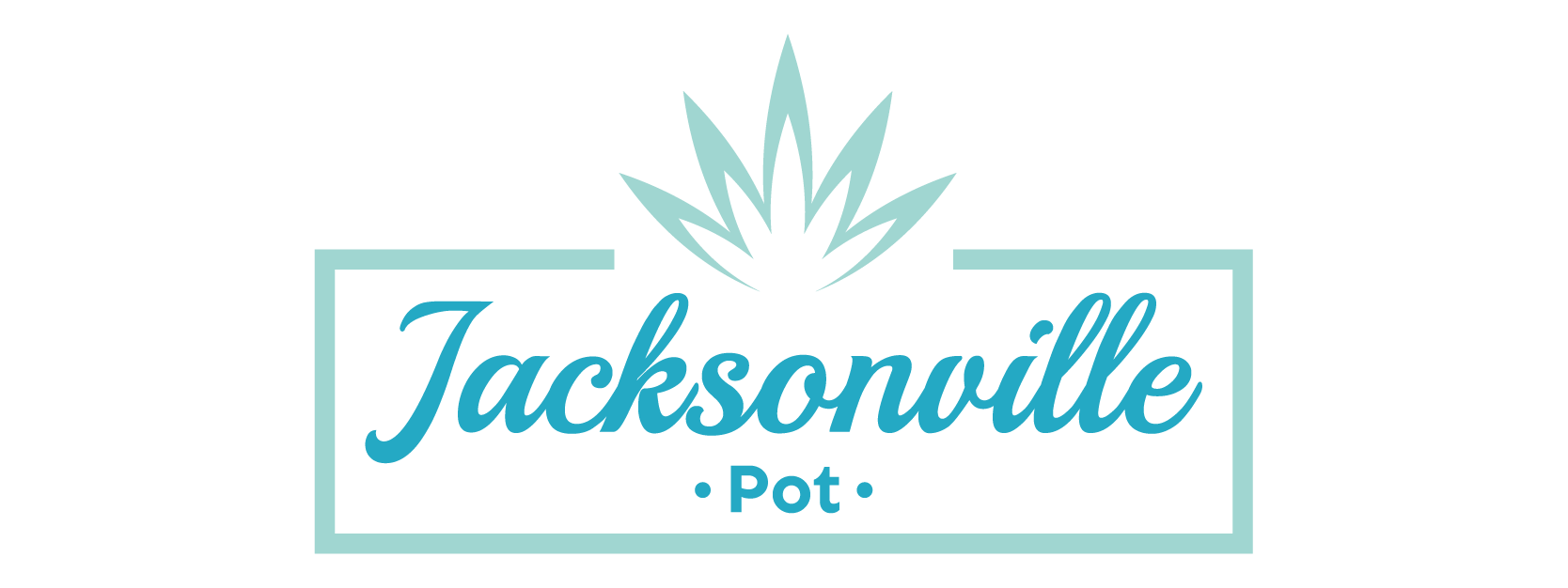Local advocacy has long orbited around the National Organization for the Reform of Marijuana Laws (NORML). While the corporate registration for North East Florida NORML lapsed in 2020, the chapter’s social presence and brand still rally volunteers and educate residents on penalties, safe use, and legislative calls to action—work that aligns with NORML’s statewide and national agenda to end criminal penalties for responsible adult use.
Florida Cannabis Action Network (FLCAN), a statewide nonprofit with active Northeast Florida supporters, continues to lobby at the Capitol, brief local leaders, and mobilize letter-writing and testimony. FLCAN’s Jacksonville members typically press for decriminalization and patient protections, positioning reform as both a civil-liberties and small-business issue.
Students for Sensible Drug Policy (SSDP) adds a campus voice. An SSDP presence at the University of North Florida gives reform a youth and harm-reduction lens—campaigning for evidence-based education, fair discipline, and broader drug policy reforms that include cannabis.
Equity-minded advocacy also runs through Minorities for Medical Marijuana (M4MM), which operates across Florida and partners with community groups to expand industry access, expungement awareness, and patient education. Their mission resonates in Jacksonville’s diverse neighborhoods, where criminal records have historically limited opportunity.
Civil-liberties organizations amplify the push. The ACLU of Florida backed the 2024 adult-use Amendment 3, citing over-policing and racial disparities in marijuana arrests—concerns that resonate locally with public defenders and reformers focused on court-system efficiency and fairness. Even though the amendment earned a majority, it fell short of Florida’s 60% threshold; advocates say the vote clarified public sentiment and set the stage for renewed efforts.
Why the pushback now? First, criminal-justice math. Arrest data and ACLU research show cannabis enforcement consumes resources without commensurate public-safety gains, while Black residents are more likely to be arrested despite similar usage rates—dynamics reformers want to change in Duval County.
Second, local politics are evolving. Jacksonville’s mayor publicly supported adult-use legalization in 2024, breaking with the sheriff and signaling a split that advocates interpret as momentum. Reformers also remember the City Council’s 2019 rejection of a limited decriminalization bill—an episode they reference to argue the city is overdue for a modernized approach.
Third, statewide organizing continues. Smart & Safe Florida has relaunched for 2026, and Duval volunteers are gathering petitions again. Advocates frame this as a pragmatic path following the 2024 near-miss.
Finally, business and health stakeholders keep weighing in. Groups like M4MM and FLCAN highlight regulated markets, consumer safety standards, and entrepreneurial openings—especially for legacy operators and small businesses—while SSDP and ACLU emphasize harm reduction and expungement-friendly policies. Together, they argue reform can shrink illicit markets, protect patients, and free up law-enforcement capacity for violent crime.
In short, Jacksonville’s reform ecosystem blends national brands with local organizers, campus advocates, equity-first nonprofits, and civil-liberties groups. Even after Amendment 3’s defeat, the coalition is broader—and louder—than it’s ever been. As 2026 looms, expect petition drives, city-level policy pitches, and renewed debates over how Jacksonville wants to police, regulate, and benefit from cannabis.
